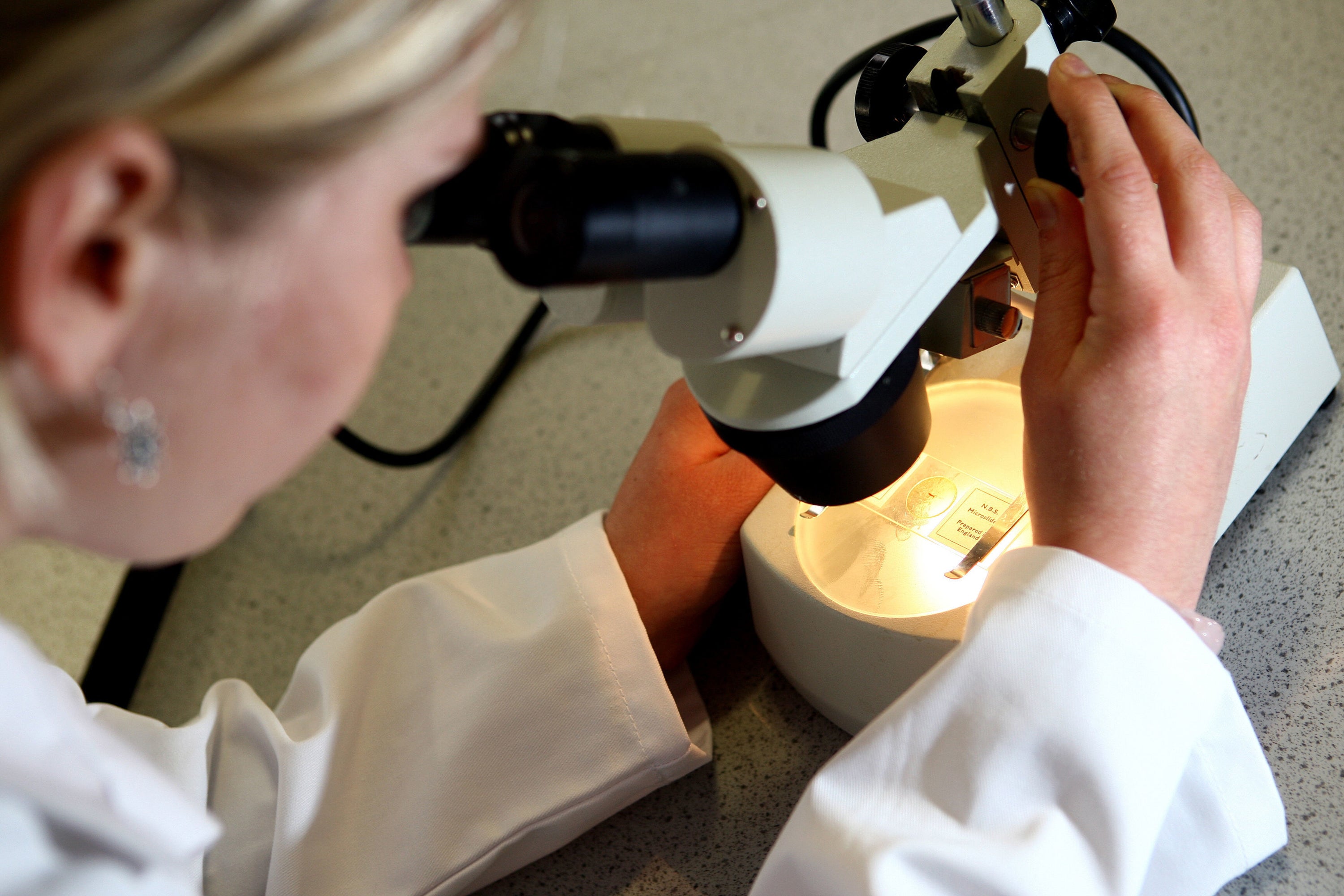New blood test can help detect cancer in patients and tell if it has spread
Early detection of cancer is linked with improved patient outcomes, but can be harder for those with non-specific symptoms of the disease

A new blood test has been developed by scientists to detect cancer earlier in people who have non-specific symptoms, such as weight loss or fatigue.
The test, developed by Oxford scientists, helps with identifying cancer earlier and seeing whether the disease has spread through the use of a technology called nuclear magnetic resonance (NMR), which profiles blood molecules of patients.
Early detection of cancer is strongly linked with better patient outcomes and can mean the disease is more easily treated, but is more difficult for those with non-specific systems.
Dr James Larkin, of the University of Oxford, was involved in the research and told The Guardian: “The problem we’ve had in the past is that if they do have cancer, that cancer is growing all the time, and when they come back the cancers are often quite advanced.
“It is likely to be tens of thousands of patients across the UK. We’re hoping to capture these patients when they come to the GP, to give them an immediate referral option,” he added.
“The moment you can say ‘you have a cancer’, it provides a strong incentive to send that patient for an imaging investigation to see if you can find that cancer.”
The test utilised NMR technology, which profiled levels of blood molecules called metabolites that will be different in healthy people and those with localised or spreading cancer.
In a study published in the Clinical Cancer Research journal, Dr Larkin and other scientists analysed 300 samples from patients with non-specific cancer symptoms, such as fatigue or unexplained weight, and found their test detected cancer in 19 out of 20 people with the disease.
The test could also determine whether the patient was suffering from cancer which was localised or had spread with 94 per cent accuracy, making it the first test able to detect this without knowing which type of tumour the patient has.
“Such information changes how you treat patients,” said Dr Larkin said.
Different cancer treatments include chemotherapy, immunotherapy or surgery but all have their own potential side effects.
“We don’t want to prescribe them to everyone, but there are patients out there that would absolutely benefit if you could only identify them early enough,” Dr Larkin added.
Next, the accuracy of the test must be confirmed in up to 3,000 cancer patients with non-specific symptoms, which Dr Larkin hopes to happen by 2024.
Subscribe to Independent Premium to bookmark this article
Want to bookmark your favourite articles and stories to read or reference later? Start your Independent Premium subscription today.

Join our commenting forum
Join thought-provoking conversations, follow other Independent readers and see their replies